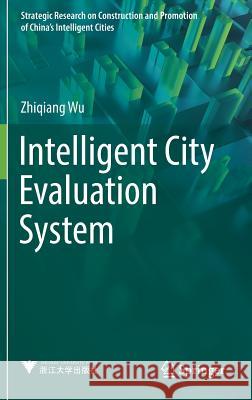Intelligent City Evaluation System » książka
topmenu
Intelligent City Evaluation System
ISBN-13: 9789811059384 / Angielski / Twarda / 2018 / 263 str.
Kategorie BISAC:
Wydawca:
Springer
Język:
Angielski
ISBN-13:
9789811059384
Rok wydania:
2018
Wydanie:
2018
Ilość stron:
263
Waga:
0.57 kg
Wymiary:
23.39 x 15.6 x 1.75
Oprawa:
Twarda
Wolumenów:
01
Dodatkowe informacje:
Wydanie ilustrowane











